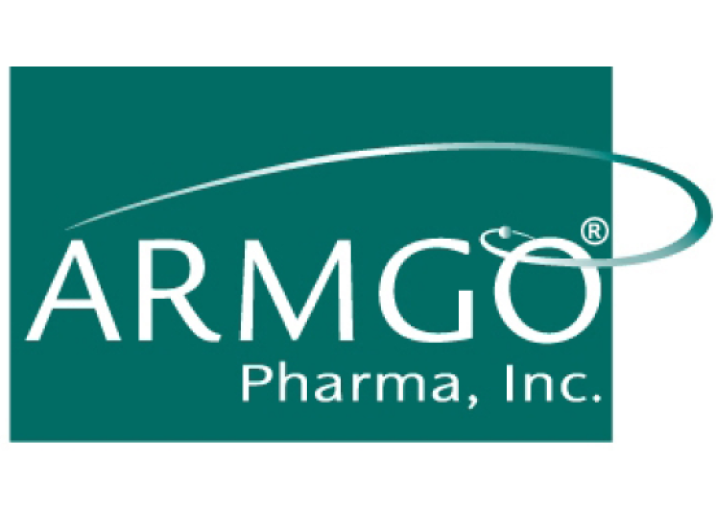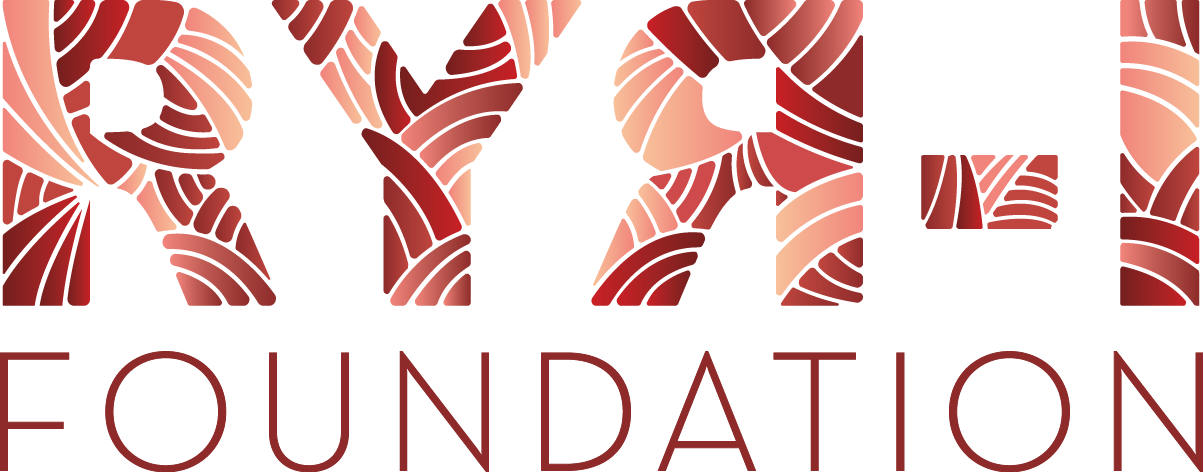
The investment will fund clinical studies of ARMGO’s lead molecule ARM210, an oral treatment, in development for cardiac and skeletal muscle diseases.
Click here for the original article
- Series B investment led by Forbion and joined by Pontifax and Kurma Partners
- Investment will fund clinical studies of ARMGO’s lead molecule ARM210, an oral treatment, in development for cardiac and skeletal muscle diseases
Ardsley, New York, USA – 20th December 2021 – ARMGO Pharma Inc (“ARMGO”), a leading novel small molecule therapeutics company developing treatments for cardiac, musculoskeletal, and neurological disorders today announced that it has completed a $35 million financing led by Forbion. Proceeds will fund further clinical development of its lead asset, ARM210, for the treatment of catecholaminergic polymorphic ventricular tachycardia (CPVT) as well as other cardiac and skeletal muscle indications.
Forbion is a dedicated European life sciences venture capital firm that manages over €1.8 billion of investments and works closely with entrepreneurs to build life sciences companies that will change the future of medicine. In the financing, Forbion was joined by further top VC investors Pontifax and Kurma Partners.
Dr. Geert-Jan Mulder and Dr. Dmitrij Hristodorov from Forbion, Dr. Iyona Rajkomar from Pontifax and Dr. Peter Neubeck from Kurma will join the ARMGO Board of Directors.
The investment will fund Phase 2 clinical studies, commencing later this year, to evaluate ARM210 for the treatment of CPVT, a rare form of ventricular tachycardia and sudden death caused by mutations in the ryanodine receptor 2 (RyR2) which controls Ca2+ homeostasis in cells. Based on the work of ARMGO’s founder, Professor Andrew Marks from Colombia University, it is known that mutated RyR2 channels become leaky and lead to a severe form of ventricular arrhythmia. The current cornerstone therapy for CPVT is beta-blockers that reduce heart rate but do not repair the leaky channels that cause the arrythmia seen in most cases of CPVT. Beta-blockers leave a significant proportion of patients with residual arrhythmic burden that increases the risk for sudden cardiac death. Regardless of their efficacy, beta-blockers also cause strong side effects that significantly reduce the quality of life of these patients. To address both unmet needs, ARM210, a potentially disease-modifying, once daily oral pill, that repairs leaky RyR2 channels and restores physiological Ca2+ homeostasis will be tested in CPVT patients. ARM210 has successfully passed extensive preclinical development and human safety studies and is considered efficacious and well tolerated.
ARMGO will initially aim to develop ARM210 in CPVT to provide a positive clinical proof-of-concept for the mechanism of action which will further de-risk the development of ARM210 in other diseases that are driven by dysregulated Ca2+ homeostasis. These studies will build on an ARM210 Phase 1b trial in patients with mutations in RyR1 (RyR1 related myopathy) ongoing at the National Institute of Health. Proceeds from the financing will be allocated to select further cardiac and skeletal muscle indications, ultimately building a pipeline-in-a-product for ARM210.
Gene Marcantonio MD PhD, President and Chief Medical Officer of ARMGO, commented:
“We are pleased to have Forbion leading this financing round alongside Pontifax and Kurma Partners. They are all experienced healthcare investors that see the potential of ARMGO’s approach to provide disease-modifying treatments for patients by restoring the physiological Ca2+ homeostasis in affected tissues. We are excited to drive development of ARM210 in multiple indications and for the potential to reach significant milestone achievements within the next two years.”
Geert-Jan Mulder and Dmitrij Hristodorov from Forbion commented: “We are pleased to lead this financing round and look forward to working together with Gene Marcantonio, his team and our co-investors in restarting and building ARMGO to reach potential clinical value inflection points over the coming years. ARMGO has done an excellent job in de-risking ARM210 through preclinical and early clinical development activities and it is now ready to be tested in patients.”
Dr. Peter Neubeck of Kurma added: “We are excited to join the ARMGO team, Forbion and Pontifax in advancing ARMGO’s unique approach of modulating ryanodine receptors to treat high unmet need diseases with CPVT being an ideal initial clinical proof-of-concept indication.”

